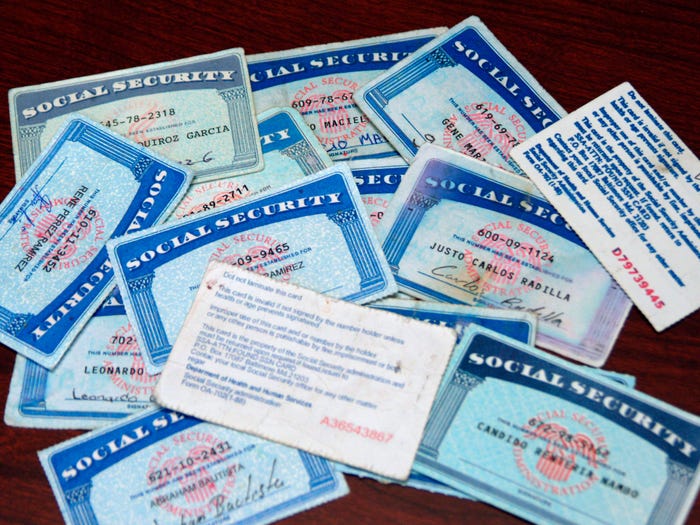Are Social Security Benefits Taxable After Age 62? What You Need To Know
Aug 17, 2022 By Susan Kelly
If Social Security is the sole income a senior has, they are not required to pay federal taxes on their perks. They get money from other sources, like tax-free interest income. In that scenario, they should add half of their yearly benefits from Social Security to any additional earnings and compare the total to a limit set by the IRS. A few of their Social Security perks are taxed if the total amount they get is more than the IRS allows. When a married couple lives together but files their taxes separately, they have a point of $0 and must pay taxes on their Social Security benefits, no matter how much other money they make. Your nontaxable interest, adjusted gross income, and half of your Social Security benefits are added together to get your total income. Your extra income, which is part of your fitted gross income, withdrawals from your 401(k) or could come from a part-time job.
More specifically, Social Security Benefits

When a person's income is between $24,999 and $33,999 or between $31,999 and $43,999 for a married couple filing jointly, up to 49.99% of their Social Security benefits are taxed. Up to 85% of benefits are taxed if a person's income is more than $33,999 or a couple's income is more than $43,999.
Taxable Social Security Benefits
Assume that you have to pay taxes on your Social Security benefits based on your total income. How much tax you pay is based on how much money you make, or more specifically, how much more you make than the IRS base amount. You will never have to pay taxes on more than 85% of your money from Social Security. There are times when these thirteen states tax Social Security benefits: Iowa used to put taxes on benefits, but in 2022, they will no longer be taxed. New Mexico, on the other hand, doesn't pay some benefits to people over 65.
These states have different ways of taxing Social Security benefits, such as using adjusted gross income or other numbers. Based on the year you were born, you reach age of retirement between 65 and 67 and could receive all your Social Security tax-free retirement perks. But if you still work, you might have to pay taxes on some of your benefits. The IRS adds up how much you made and got from Social Security. If you get more benefits than the IRS allows, you will have to pay taxes on them.
How Different Taxation Works?
Taxation for Individuals
Unless you file your taxes as a single person and your total income is more than $24,999 annually, the IRS will tax half of your Social Security benefits. Sometimes when you make more than $33,999 a year, up to 85% of your benefits will be taxed.
Taxation for Married Couples
For tax reasons, your spouse's earnings are counted as a component of your total yearly income when you are married. Although if you don't work or don't make much money at your work, your Social Security perks can be affected by what your spouse makes. As of 2012, up to half of your Social Security perks are taxed if your yearly salary is more than $31,999. So unless your household's annual income is more than $43,999, up to 85% of your benefits will be taxed.
Paying Taxes
There are several methods for paying taxes on your Social Security payments if you have to. You could pay all of it by April 15, which is usually when taxes are due. You can pay approximated taxes to the IRS any time during the year. You can also ask the Social Security Administration to take taxes out of your monthly payments. Just federal income taxes are taken out of Social Security checks.
An Example
Let's look at how taxes work for someone 62 and getting Social Security. Andrea and Paul are both married, and they both have part-time jobs. Even though they are both retired, they file their taxes as if married. Andrea has made $11,999 from her part-time job. Paul has made $17,999 from his part-time job. The couple also has investments that bring in $999. This includes the interest of $4,999 from municipal bonds that aren't taxed. They get $19,999 a year from Social Security.
Considerations
When you attain full retirement age, the Social Security Administration (SSA) lets you apply for benefits but wait to get them. If you wait to get your Social Security perks unless you retire, you won't have to pay taxes on them. You wouldn't have to pay taxes on your perks while you weren't getting them, and you'd also get delayed retirement money, which would make your benefits bigger when you did start getting them. For instance, if your full retirement age is 66, your benefits will go up by 8% every year you wait to get them until you're 70, which is the latest age you can wait.









